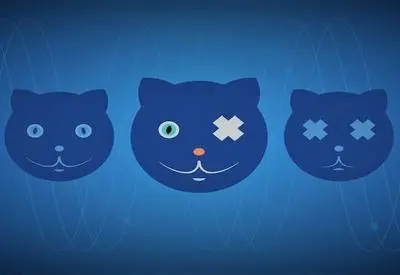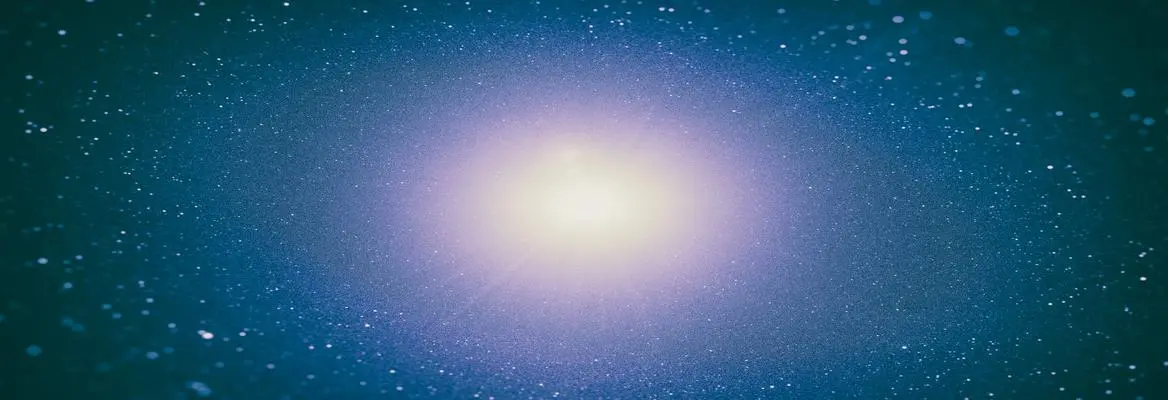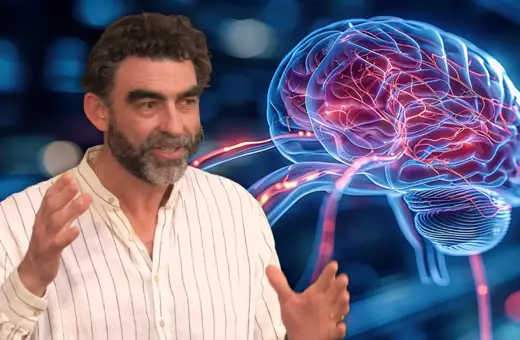Most assume that matter is fundamental, and that consciousness arises out of the complexity of matter. But Nobel Prize winning quantum physicist Erwin Schrödinger does not share that assumption. For him, the universe contains a single mind, writes Robert Prentner and Donald D. Hoffman.
In February 1943, Erwin Schrödinger, quantum physicist and Nobel laureate (sharing his prize with Paul Dirac and Werner Heisenberg), gave a series of lectures at Trinity College Dublin, which later turned into his book “What is life?” [1]. This work has been highly influential for a generation of molecular biologists such as Francis Crick, one of the discoverers of DNA. Less known perhaps is the fact that during his whole life Schrödinger was an ardent reader of philosophy from the East and West. From the 1950s on, when Schrödinger ceased to actively work on the physics of his time, he focused more on wider philosophical and ethical issues related to science. Back then, his conferences always ended with what he jokingly called the “second Schrödinger equation”: “Atman = Brahman”, the Indian doctrine of identity.
The present article investigates some of these ideas and gives them a reading in terms of a recent theory of consciousness. We believe that, just as Schrödinger’s ideas on the physical basis of life have inspired groundbreaking work in molecular biology, his ideas on mind and reality might inspire groundbreaking work in understanding the nature of consciousness and its relation to physics.
___
Early on, Schrödinger expressed the conviction that metaphysics does not come after physics, but inevitably precedes it. Metaphysics is not a deductive affair but a speculative one.
___
In 1925, just a few months before Schrödinger discovered the most basic equation of quantum mechanics, he wrote down the first sketches of the ideas that he would later develop more thoroughly in “Mind and Matter”. Already then, his thoughts on technical matters were inspired by what he took to be greater metaphysical (religious) questions. Early on, Schrödinger expressed the conviction that metaphysics does not come after physics, but inevitably precedes it. Metaphysics is not a deductive affair but a speculative one.
 SUGGESTED READING
The many meanings of Schrödinger's cat
By IAI Editorial
One such speculative assumption (which can neither be proven nor disproven) is the one that there exists an external (mind-independent) world. Another one is the assumption that there exist separate minds. For both claims, according to Schrödinger, we cannot get any empirical evidence: how could we step out of our own experience to check them? But both create insurmountable problems. The first creates the problem of how to think about the relation between these two types of realities (mind-matter). Why does it appear (according to our best science) that we live in a purely physical world devoid of qualities? The second creates the problem of how to think about the relation between different minds (mind-mind). Why and how are we different from each other? Schrödinger believed that there is an elegant way to dissolve both of these problems by starting with an alternative metaphysical assumption. He did not endorse traditional Western views that go under the names of reductive materialism and subjective idealism, but he found inspiration in non-Western, particularly Indian philosophies.
SUGGESTED READING
The many meanings of Schrödinger's cat
By IAI Editorial
One such speculative assumption (which can neither be proven nor disproven) is the one that there exists an external (mind-independent) world. Another one is the assumption that there exist separate minds. For both claims, according to Schrödinger, we cannot get any empirical evidence: how could we step out of our own experience to check them? But both create insurmountable problems. The first creates the problem of how to think about the relation between these two types of realities (mind-matter). Why does it appear (according to our best science) that we live in a purely physical world devoid of qualities? The second creates the problem of how to think about the relation between different minds (mind-mind). Why and how are we different from each other? Schrödinger believed that there is an elegant way to dissolve both of these problems by starting with an alternative metaphysical assumption. He did not endorse traditional Western views that go under the names of reductive materialism and subjective idealism, but he found inspiration in non-Western, particularly Indian philosophies.
___
We are all but aspects of one single mind that forms the essence of reality.
___





















Join the conversation